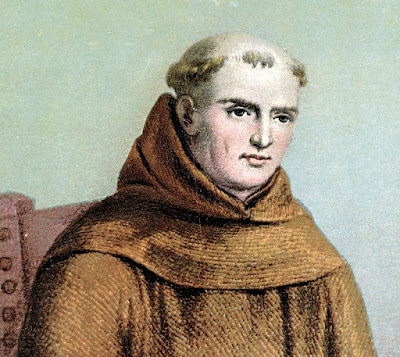Jesus came to his own country; and his disciples followed him. And on the sabbath he began to teach in the synagogue; and many who heard him were astonished, saying, “Where did this man get all this? What is the wisdom given to him? What mighty works are wrought by his hands! Is not this the carpenter, the son of Mary and brother of James and Joses and Judas and Simon, and are not his sisters here with us?” And they took offense at him.
- St. Mark 6:1-3
When Jesus came to Nazareth, it led to a difficult situation. He was coming to His home town. These were the people who had known Him since He was a boy among them, and because they had known Him for so long, there was no hesitation to criticize Him.
This wasn’t a casual visit meant to renew old acquaintances and to visit His mother Mary. No, He came this time accompanied by His disciples – that is to say, He came as a rabbi, a teacher. He went into the synagogue and He taught, and His teaching wasn’t received with enthusiasm; instead, they heard it with contempt – “…and they took offense at him.” He opened up the scriptures to them, and told them that the words of the prophets were being fulfilled, but all they could see in front of them was a man whom they had known for years, and who had worked in the local carpenter’s shop. They couldn’t imagine that a mere carpenter would have the kind of wisdom that seemed to be contained in His words.
And there’s another interesting thing in this passage. They said, “Is not this Mary’s son?” - an indication that Joseph had died by this time, which meant that His mother was known as a local widow being cared for by her extended family, with no particular position in society. And they said, “Don’t we know his brothers and sisters?” Now, of course, the words for brothers and sisters are really from the more generic idea of “family” or “cousins,” so it’s apparent that Jesus had plenty of relatives who were just ordinary residents of Nazareth.
So then, the people of Nazareth despised Him because they knew His family and He was just a working man. The result of all this was that Jesus could do no mighty works in Nazareth. The people wanted something more dramatic, they wanted someone more mysterious and perhaps more famous to give them the message Jesus was giving them.
















